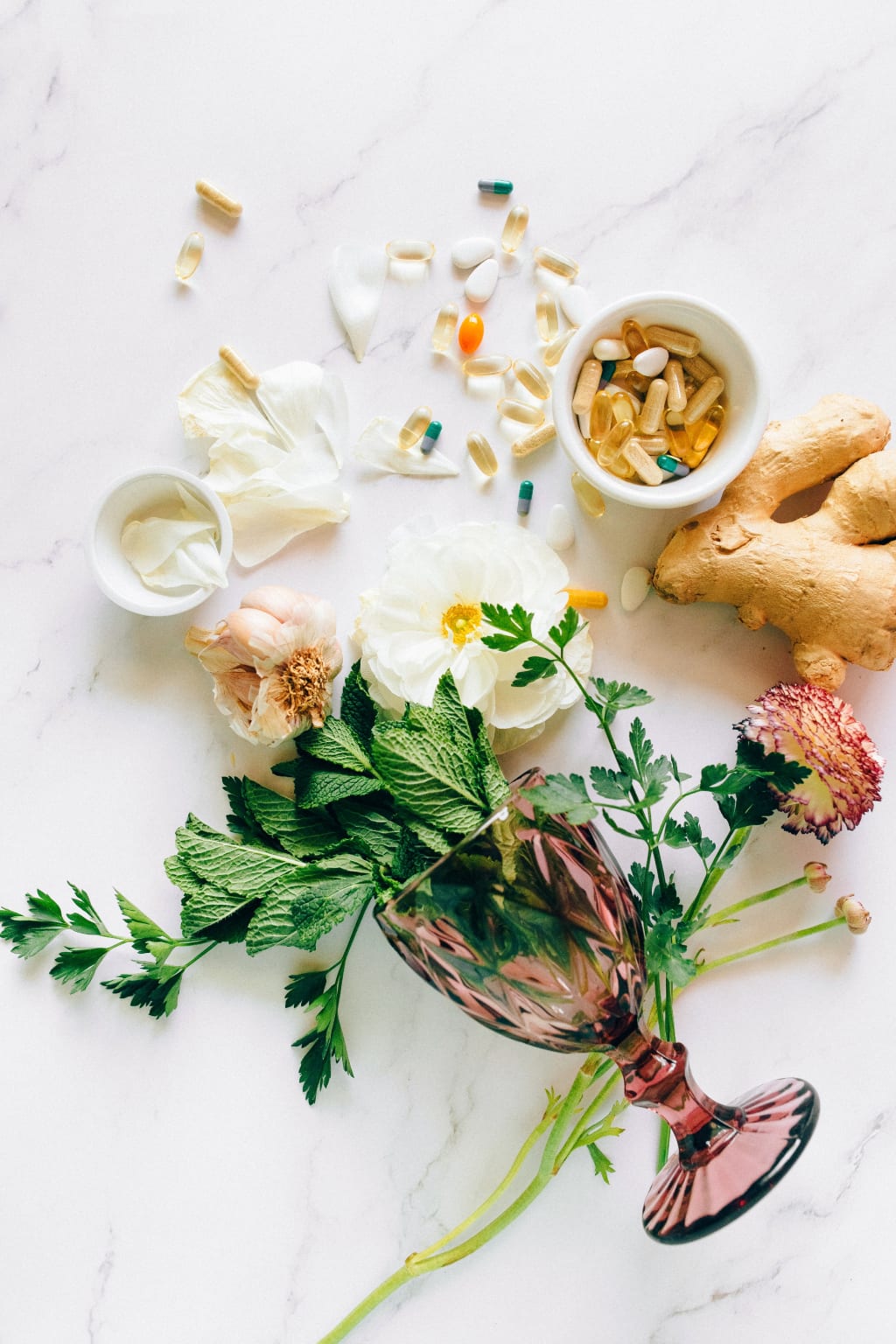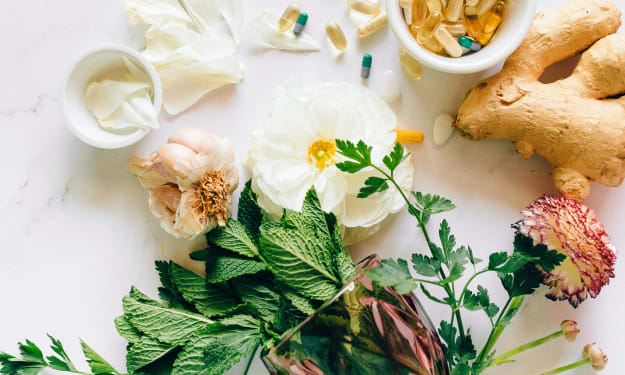
Shoe flower health benefits.
Shoe flower, also known as hibiscus, has been used for medicinal purposes for centuries in traditional medicine. Here are some of the potential health benefits of shoe flower:
- Blood pressure management: Shoe flower may help lower blood pressure due to its ability to dilate blood vessels and reduce the activity of angiotensin-converting enzyme (ACE).
- Cholesterol management: Shoe flower may also help reduce levels of low-density lipoprotein (LDL) cholesterol, or "bad" cholesterol, which can contribute to the development of heart disease.
- Digestive health: Shoe flower has been used as a traditional remedy for digestive issues such as constipation and stomach upset. It may also help protect against stomach ulcers.
- Anti-inflammatory effects: Shoe flower contains antioxidants and anti-inflammatory compounds that may help reduce inflammation throughout the body.
- Hair and skin health: Shoe flower has been used topically in hair and skin care products for its potential benefits for hair growth, reducing hair fall, and skin health.
It is important to note that more research is needed to fully understand the potential health benefits of shoe flower. Additionally, individuals should talk to their healthcare provider before using shoe flower as a supplement or for medicinal purposes.

Shoe flower medicinal uses.
Shoe flower, also known as hibiscus or Roselle, is a plant that has been traditionally used for medicinal purposes in many cultures around the world. Here are some methods of using shoe flower as a medicine:
- Tea: One of the most common ways to use shoe flower as a medicine is to brew it into a tea. To make hibiscus tea, steep dried or fresh hibiscus flowers in hot water for 5-10 minutes. This tea is rich in antioxidants and vitamin C, and may help to lower blood pressure, cholesterol levels, and inflammation.
- Poultice: A poultice made from the leaves of the hibiscus plant can be used topically to soothe skin irritations, wounds, and burns. Crush the leaves into a paste and apply directly to the affected area.
- Oil: Hibiscus oil is used in traditional Ayurvedic medicine to promote hair growth and prevent premature graying. To make hibiscus oil, infuse dried hibiscus flowers in a carrier oil such as coconut or sesame oil for several weeks.
- Syrup: Hibiscus syrup is made by simmering hibiscus flowers with sugar and water until it becomes a thick syrup. This syrup can be used as a natural remedy for coughs and sore throats.
- Capsules: Hibiscus extract is available in supplement form as capsules or tablets. These supplements are often used to promote cardiovascular health and as a natural diuretic.
- Hair care: Shoe flower is also a great natural remedy for hair care. You can make a hair mask by grinding dried shoe flower petals into a fine powder and mixing it with water to form a paste. Apply the paste to your hair and scalp, let it sit for 30 minutes, then rinse it out with water. This can help to strengthen your hair, prevent hair fall, and improve scalp health.
- Skin care: Shoe flower can also be used to improve skin health. You can make a face mask by mixing shoe flower powder with honey and yogurt. Apply the mask to your face, let it sit for 20 minutes, then rinse it off with water. This can help to reduce inflammation, brighten skin, and improve skin texture.
- Digestive health: Shoe flower has been used for centuries to improve digestive health. You can make a decoction by boiling dried shoe flower petals in water for several minutes. This can help to reduce constipation, soothe an upset stomach, and improve digestion.
- Blood pressure management: Shoe flower has been found to have blood pressure-lowering effects. You can make a tea by boiling dried shoe flower petals in water and consuming it daily to help manage blood pressure.
It's important to note that shoe flower should be used with caution, especially if you're pregnant or taking medication. Always consult with a healthcare professional before using any herbal remedies.

About the Creator
Enjoyed the story? Support the Creator.
Subscribe for free to receive all their stories in your feed. You could also pledge your support or give them a one-off tip, letting them know you appreciate their work.





Comments
Test is not accepting comments at the moment
Want to show your support? Send them a one-off tip.